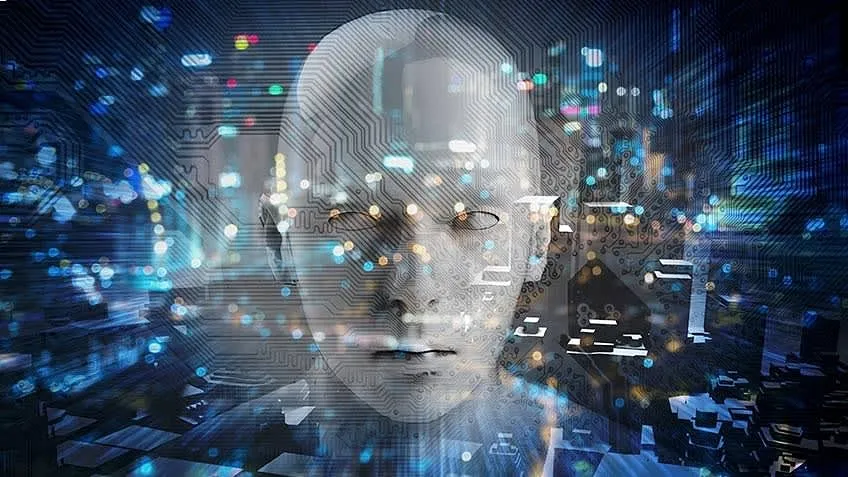Exploring the Impact of Artificial Intelligence on Industries
Admin / August 31, 2023

Artificial Intelligence (AI) has swiftly emerged as a groundbreaking technology with far-reaching implications across various industries. In this blog, we delve into how AI is transforming different sectors and revolutionizing the way we work, live, and interact with technology.**1. Healthcare: Enhancing Diagnostics and Treatment**AI is making waves in healthcare by analyzing vast amounts of medical data to aid in disease diagnosis, treatment planning, and drug discovery. Machine learning algorithms can identify patterns in medical images like X-rays and MRIs, while predictive models help healthcare providers anticipate disease outbreaks and allocate resources efficiently.**2. Finance: Smart Investing and Fraud Detection**Financial institutions are leveraging AI for smarter investment decisions and risk management. AI-powered algorithms analyze market trends and patterns to guide investment strategies. Moreover, AI's predictive analytics play a pivotal role in fraud detection, identifying anomalies and unusual transactions in real-time to prevent financial crimes.**3. Retail: Personalized Shopping Experiences**AI has revolutionized the retail landscape with personalized shopping experiences. Recommendation engines analyze customer behavior to suggest products that match their preferences. Chatbots provide real-time customer support, and computer vision enables cashier-less stores, transforming the way we shop.**4. Manufacturing: Predictive Maintenance and Automation**AI-driven predictive maintenance has disrupted the manufacturing sector. Sensors collect real-time data from machines, enabling predictive models to foresee maintenance needs, reducing downtime and optimizing production. Robots and AI-powered systems have also streamlined and automated various manufacturing processes.**5. Education: Customized Learning Paths**In education, AI-driven platforms personalize learning paths for students. Adaptive learning technologies analyze student progress and adjust content to match individual needs, enhancing engagement and improving learning outcomes. AI-driven tools also facilitate grading and administrative tasks for educators.**6. Transportation: Autonomous Vehicles and Traffic Management**The transportation industry is undergoing a seismic shift with AI-powered autonomous vehicles. Machine learning algorithms interpret real-time data from sensors, enabling self-driving cars to navigate safely. AI also aids in optimizing traffic management, reducing congestion, and improving transportation efficiency.**7. Entertainment: Content Creation and Personalization**AI is changing the way we consume entertainment. Recommendation algorithms suggest movies, music, and content tailored to individual preferences. In the creative sphere, AI-generated art, music, and writing are challenging traditional notions of artistic creation.**8. Agriculture: Precision Farming and Crop Monitoring**AI is enhancing agricultural practices through precision farming techniques. Drones equipped with AI analyze crop health, enabling targeted interventions. Predictive models help optimize planting, irrigation, and harvesting schedules, contributing to higher yields and sustainability.In conclusion, AI's impact extends beyond mere automation—it's reshaping industries, improving efficiency, and offering innovative solutions to complex challenges. From healthcare to entertainment, the transformative potential of AI is undeniable. As AI continues to evolve, its role in shaping the future of industries remains an exciting and dynamic journey.